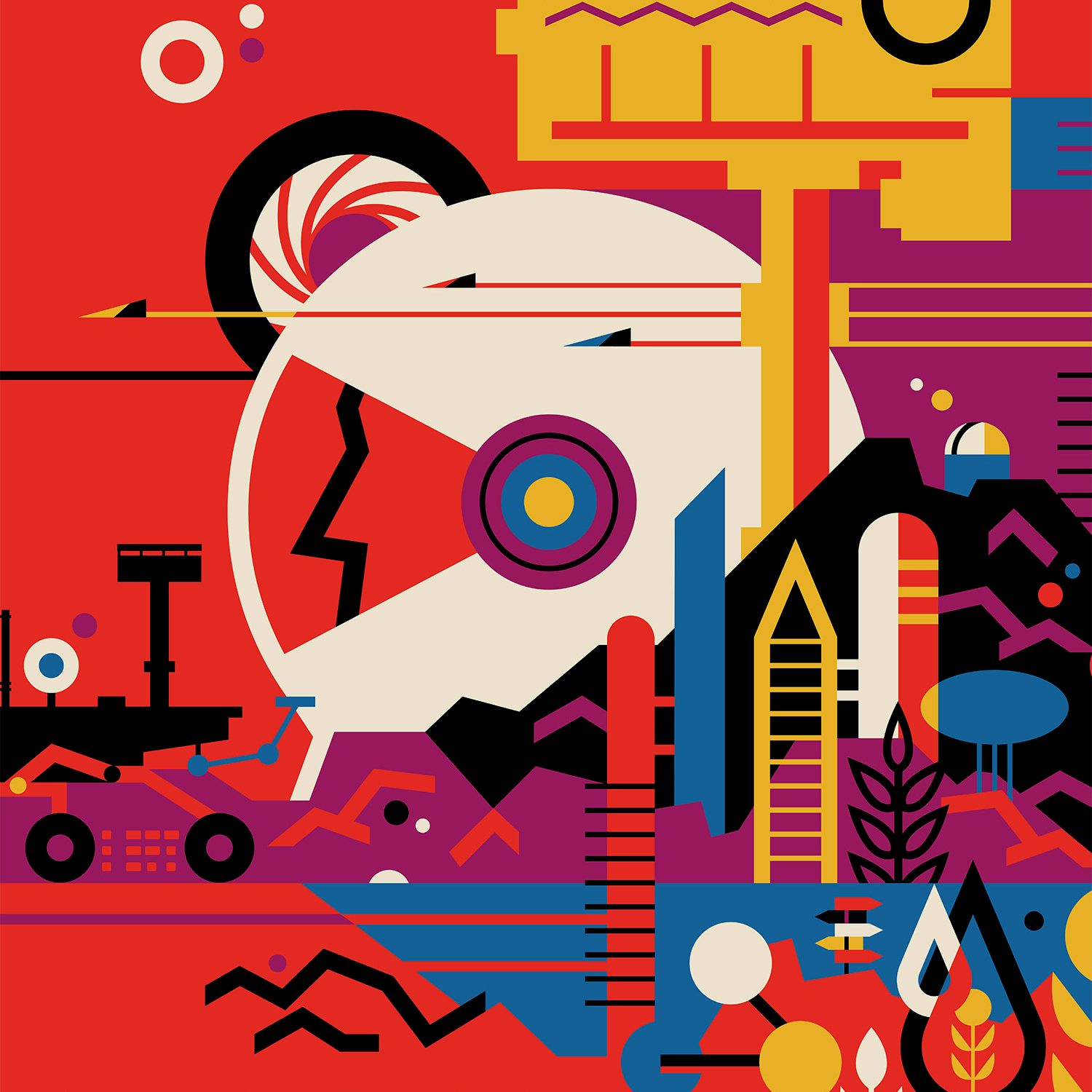Science and Business III
London 28 May 2019
A dinner and discussion about speeding up innovation, forecasting technological change and the collective action problem in climate change.
The collective action problem describes a public good for which the benefits cannot be excluded to those who don’t contribute to it. When the benefits of the good are only realised by the next generation, as is the case with fighting climate change, the problem is compounded by the difficulties of long-term forecasting. But the situation is even more complex, because human innovation, which takes place in an expanding space of technological building blocks, is inherently hard to describe, much less predict.
In this dinner at the London Institute, we discuss innovation, technological change and new ways to combat climate change. Physicist and London Institute director Thomas Fink discusses speeding up innovation as an alternative to our current focus on environmental preservation. Technology expert and complex systems founder Doyne Farmer talks about how empirical regularities over past technological change can foretell the rate of change in the future. Building on these ideas, National Medal of Science winner Simon Levin discusses the collective action problem in climate change and how to overcome it.
